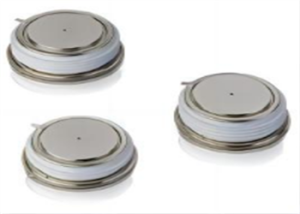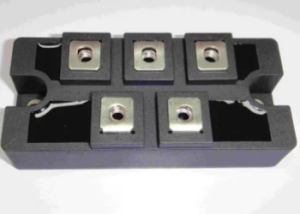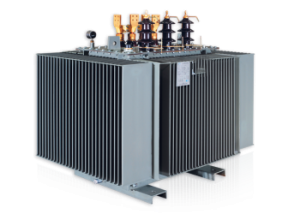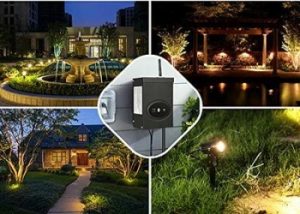Electronic Components Supplier | Transformers, Inductors, Inverters
In an era defined by the rapid advancement of renewable energy, electric vehicles (EVs), and smart grid technology, the demand for reliable, efficient, and durable electrical insulation has never been greater. At the heart of this critical component lies a remarkable material system: fiber glass epoxy. This combination, along with specialized epoxy insulator components and formulated epoxy resin for electrical insulation, forms the backbone of modern electrical infrastructure. This comprehensive guide explores how these advanced materials ensure safety, enhance performance, and drive innovation in everything from massive wind turbines to the circuit boards in your smartphone.
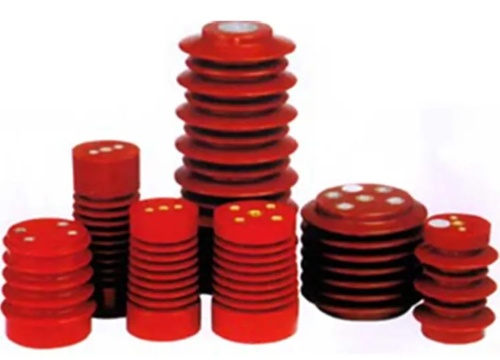
High voltage epoxy insulator sensor
1.1 The Critical Role of Insulation in Modern Electronics and Electrical Systems
Electrical insulation is not merely a barrier; it is a sophisticated, engineered system designed to manage electrical energy, protect components, and ensure user safety. As systems become more powerful and compact, the thermal, mechanical, and electrical demands on insulating materials intensify.
1.1.1 Beyond Basic Protection: Key Functions
Modern insulation must perform multiple functions:
- Dielectric Strength: Withstand high voltages without breaking down.
- Thermal Management: Dissipate heat generated by high-power components to prevent overheating and failure.
- Mechanical Integrity: Provide structural support, vibration resistance, and long-term durability in harsh environments.
- Environmental Resistance: Protect against moisture, chemicals, and corrosion that can degrade performance.
1.2 The Power of a Composite: Understanding Fiber Glass Epoxy
The synergy between fiberglass and epoxy resin creates a composite material whose properties are greater than the sum of its parts. This makes fiber glass epoxy a premier choice for high-performance insulation applications.
1.2.1 The Components of the Composite
- Fiberglass Reinforcement: Provides the structural skeleton. The woven glass fibers offer exceptional tensile strength, dimensional stability, and resistance to impact.
- Epoxy Matrix: The epoxy resin for electrical insulation acts as the binder. It encapsulates the glass fibers, transfers stress between them, and provides the essential electrical insulating properties, including high dielectric strength and arc resistance.
1.2.2 Unmatched Material Properties
The fiber glass epoxy composite excels due to its:
- Exceptional Dielectric Properties: Maintains insulation integrity even under extreme electrical stress.
- High Strength-to-Weight Ratio: Offers robust mechanical support without adding excessive weight, crucial for aerospace and automotive applications.
- Superior Thermal Endurance: Can operate continuously at elevated temperatures (Class B, F, or H ratings) without significant loss of properties.
- Excellent Chemical and Moisture Resistance: Withstands exposure to harsh environments, preventing tracking and leakage currents.
1.3 The Engineered Component: The Epoxy Insulator
When fiber glass epoxy is molded into specific shapes, it creates a critical component: the epoxy insulator. These are not simple blocks of material but precision-engineered parts designed for specific electrical and mechanical functions.
1.2.1 Types and Applications of Epoxy Insulators
- Support Insulators: Used to physically support and electrically isolate busbars, conductors, and other components in switchgear, transformers, and control panels.
- Bushings: Provide a passage for a conductor through a grounded barrier (like a transformer tank wall) while insulating it from the barrier.
- Arc Quenching Chambers: In circuit breakers, specially designed epoxy insulator housings withstand and extinguish electrical arcs.
- Transformer Barriers and Spacers: Maintain precise separation between windings and other internal components.
1.2.2 Advantages Over Traditional Materials
Epoxy insulators are increasingly replacing traditional porcelain and glass insulators because they are:
- Lighter Weight: Easier to handle and install, reducing structural support needs.
- Vandalism and Impact Resistant: Less likely to shatter, enhancing safety and reliability.
- Design Flexible: Can be molded into complex, integrated shapes that consolidate multiple parts, improving manufacturing efficiency.
1.4 The Foundation Material: Epoxy Resin for Electrical Insulation
The performance of both the composite and the component begins with the formulation of the epoxy resin for electrical insulation. This is not a single product but a family of chemistries tailored for specific needs.
1.4.1 Key Properties of Insulation-Grade Epoxy Resins
A high-quality epoxy resin for electrical insulation is formulated to deliver:
- High Purity and Low Ionic Content: Minimizes electrical leakage and current loss.
- Excellent Adhesion: Bonds strongly to glass fibers, metal inserts, and other substrates, preventing delamination and partial discharge.
- Low Cure Shrinkage: Ensures dimensional accuracy and prevents stress buildup that could lead to cracking.
- Flame Retardancy: Many formulations are self-extinguishing (UL 94 V-0 rated), a critical safety feature.
1.4.2 Processing Techniques
The chosen resin system dictates the manufacturing process:
- Vacuum Pressure Impregnation (VPI): Used for coating and sealing motor and generator windings.
- Casting and Encapsulation: Pouring resin around components to protect them from environmental and mechanical damage.
- Lamination: Impregnating layers of fiberglass cloth to create sheets, tubes, and rods (the foundation for fiber glass epoxy composites).
- Injection Molding: For mass production of precise epoxy insulator components.
1.5 Hot-Button Applications and Industry Trends
The unique properties of these materials make them indispensable in several cutting-edge and high-growth sectors, a key point for SEO and reader engagement.
1.5.1 Electric Vehicle (EV) Revolution
EVs are a major driver of demand. Epoxy resin for electrical insulation is used to encapsulate battery management systems (BMS), pot power electronics modules (like inverters and DC-DC converters), and form the housing for sensors and connectors. The need for thermal conductivity alongside electrical insulation is a key trend here.
1.5.2 Renewable Energy Infrastructure
- Wind Power: The massive generators in wind turbines rely on fiber glass epoxy composites for structural components and VPI resins to insulate the windings against moisture and vibration.
- Solar Power: Junction boxes, combiner boxes, and inverter components use epoxy insulator parts for their durability and weather resistance.
1.5.3 Grid Modernization and Smart Grids
As grids become smarter and more distributed, new switchgear, sensors, and solid-state transformers are being deployed. These systems depend on advanced epoxy insulator components for compact design, reliability, and data integrity.
1.6 Selecting the Right Material for Your Application
Choosing the right epoxy resin for electrical insulation or composite product requires careful consideration:
- Operating Voltage and Dielectric Requirements: Determines the necessary dielectric strength and CTI (Comparative Tracking Index).
- Thermal Class Rating: Must match or exceed the operating temperature of the system.
- Mechanical Loads: Will the part undergo vibration, compression, or tensile stress?
- Environmental Exposure: Will it be exposed to chemicals, UV radiation, or constant humidity?
- Regulatory Compliance: Does it need to meet specific standards like UL, IEC, or ASTM?
Consulting with a material scientist or a knowledgeable supplier is crucial for optimal performance and longevity.
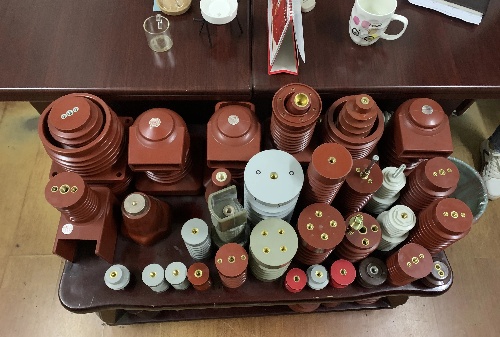
3.6 kV, 7.2 kV, and 12 kV indoor switchgear epoxy resin support insulators
Conclusion
The silent guardians of our electrified world are the advanced materials that contain and manage its power. The synergy of fiber glass epoxy composites, precision-molded epoxy insulator components, and specially formulated epoxy resin for electrical insulation provides the cornerstone of safety, efficiency, and innovation across countless industries. As technology pushes towards higher powers, smaller sizes, and harsher environments, the role of these high-performance epoxy-based materials will only become more vital, ensuring the reliable flow of electricity that powers our modern lives.
Luoyang Datang Energy Technology Co., Ltd. is a high-tech enterprise integrating R&D, manufacturing and supply of power equipment such as transformers, new energy components, distribution cabinets and inverters. With technological innovation as the core, we focus on creating high-reliability and high-performance power solutions to serve global customers. With a strict quality control system and international standard certification, we continue to output excellent products and enable customers to build safe and stable power systems.
If you have any questions, please feel free to contact us!
Tel.: 0086-173 9637 0277
WeChat: 0086-173 9637 0277
WhatsApp: 0086-173 9637 0277
Email: sales@pddn.com


